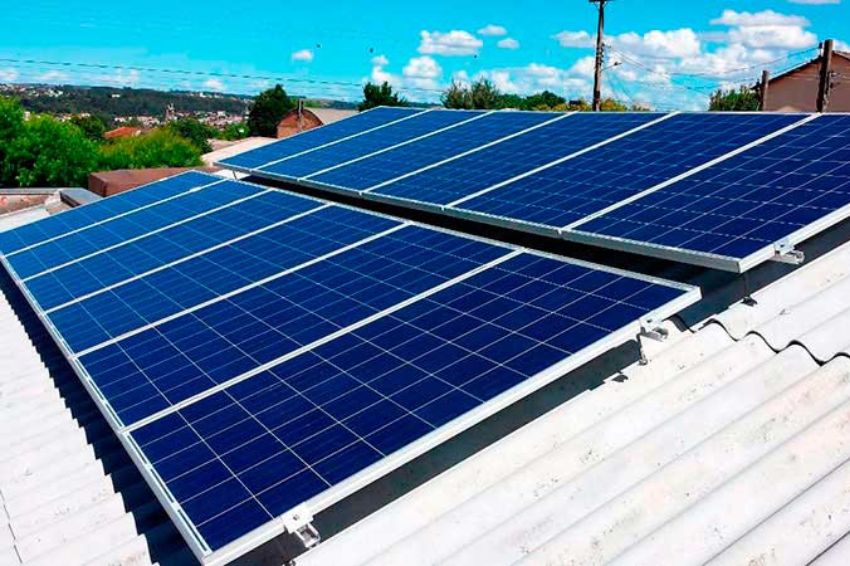In recent years, distributed solar energy generation has gained prominence as a clean and sustainable source, allowing homes and businesses to produce electricity from sunlight.
However, a significant challenge for both consumers and energy operators is the so-called “inversion of energy flow”.
Flow reversal occurs when the amount of electrical energy produced by distributed generation systems exceeds the demand of consumers connected to the same distribution network.
This excess can cause problems such as overload, voltage imbalance and interruptions in the electricity supply.
This problem has often been used by electricity concessionaires as an argument to suspend or deny the implementation of solar energy projects in homes, small businesses and industries.
The increase in suspensions and cancellations of photovoltaic projects by electricity concessionaires has already resulted in an estimated loss of more than R$ 3 billion for the sector, according to data from ABSOLAR (Brazilian Association of Photovoltaic Solar Energy).
According to a survey carried out with 715 installation companies, there are around 1 GW in projects held back by concessionaires, adding up to a total of 3,100 connection requests canceled and suspended in recent months.
To face this challenge, ANEEL (National Electric Energy Agency) established specific regulations, such as ANEEL Normative Resolution nº 1,000/2021.
According to this regulation, energy operators must carry out studies to identify viable solutions to eliminate flow reversal. These solutions include the reconfiguration of circuits, the definition of new electrical circuits, connections at higher voltage levels and even the reduction of injected power.
Consumers who want to adopt distributed solar energy generation play a fundamental role in this process. They must approve the connection budget and, when it comes to connections that could result in flow reversal, they must choose between the alternatives presented by the distributors.
However, implementing these regulations is not always straightforward. Many power distributors have misinterpreted the guidelines, resulting in irregular practices.
Some of the common challenges include not issuing connection quotes based on claims of technical unfeasibility, issuing inadequate quotes and even stopping ongoing connections, causing significant delays for consumers.
Faced with these irregular practices, it is recommended that consumers act proactively. Administrative measures before ANEEL or legal actions may be necessary to ensure that consumer rights are respected and that regulations are correctly applied by electricity distributors.
Reversing energy flow is a real challenge in adopting distributed solar energy generation, but it is also a challenge that can be overcome based on the regulations and guidelines established by ANEEL.
To mitigate this problem, the installation of hybrid inverters has gained ground, reducing the chances of failure in distributed generation projects, as they prevent flow reversal.
However, this measure alone is not enough. It is critical that consumers are aware of their rights and are willing to take action when necessary to ensure a fair and efficient environment for solar energy production.
Distributed solar energy remains a vital part of the transition to a more sustainable and energy-efficient future.
The opinions and information presented are those of the author and do not necessarily reflect the opinion of Canal Solar.

















One Response
Excellent article, Bruno!
“It is critical that consumers are aware of their rights and are willing to take action when necessary to ensure a fair and efficient environment for solar energy production.”
Knowledge is always the best strategy, anticipating movements too, in Europe there is a lot of talk about off grid systems, perhaps if in Brazil consumers paid more attention (it is true that the value of batteries is still high), but when distributors /dealers see the cash flow drop, they think about joining forces instead of using bad faith preventing sustainable, clean and efficient development from happening in Brazil.